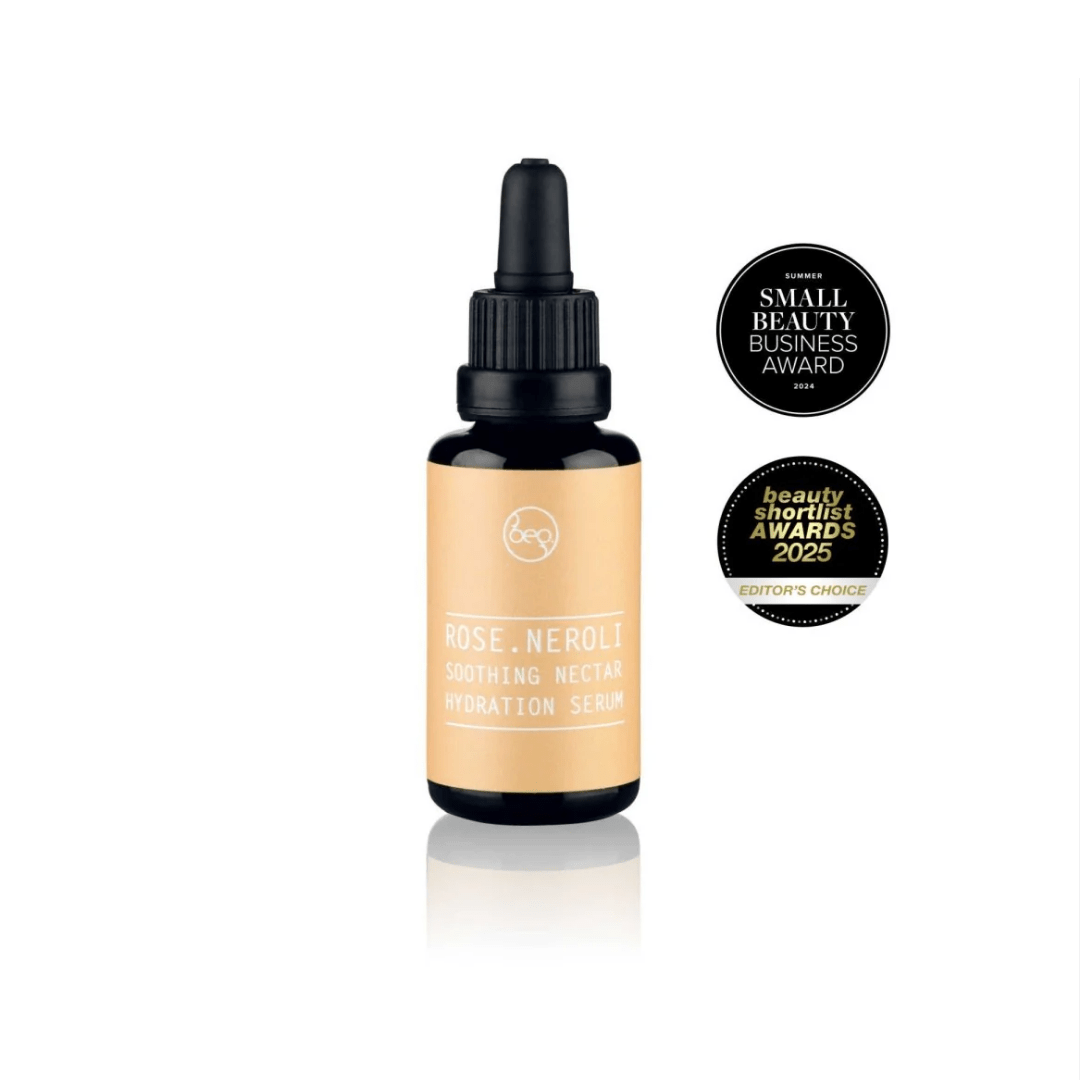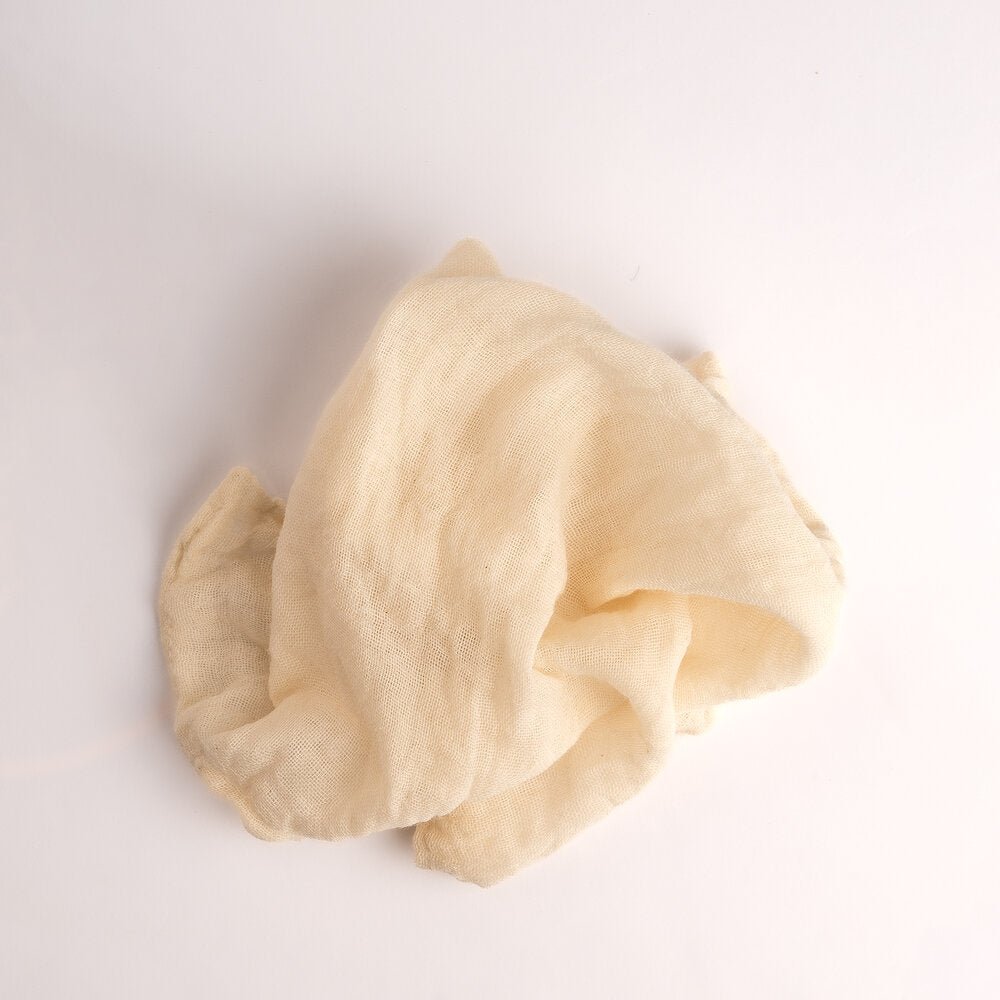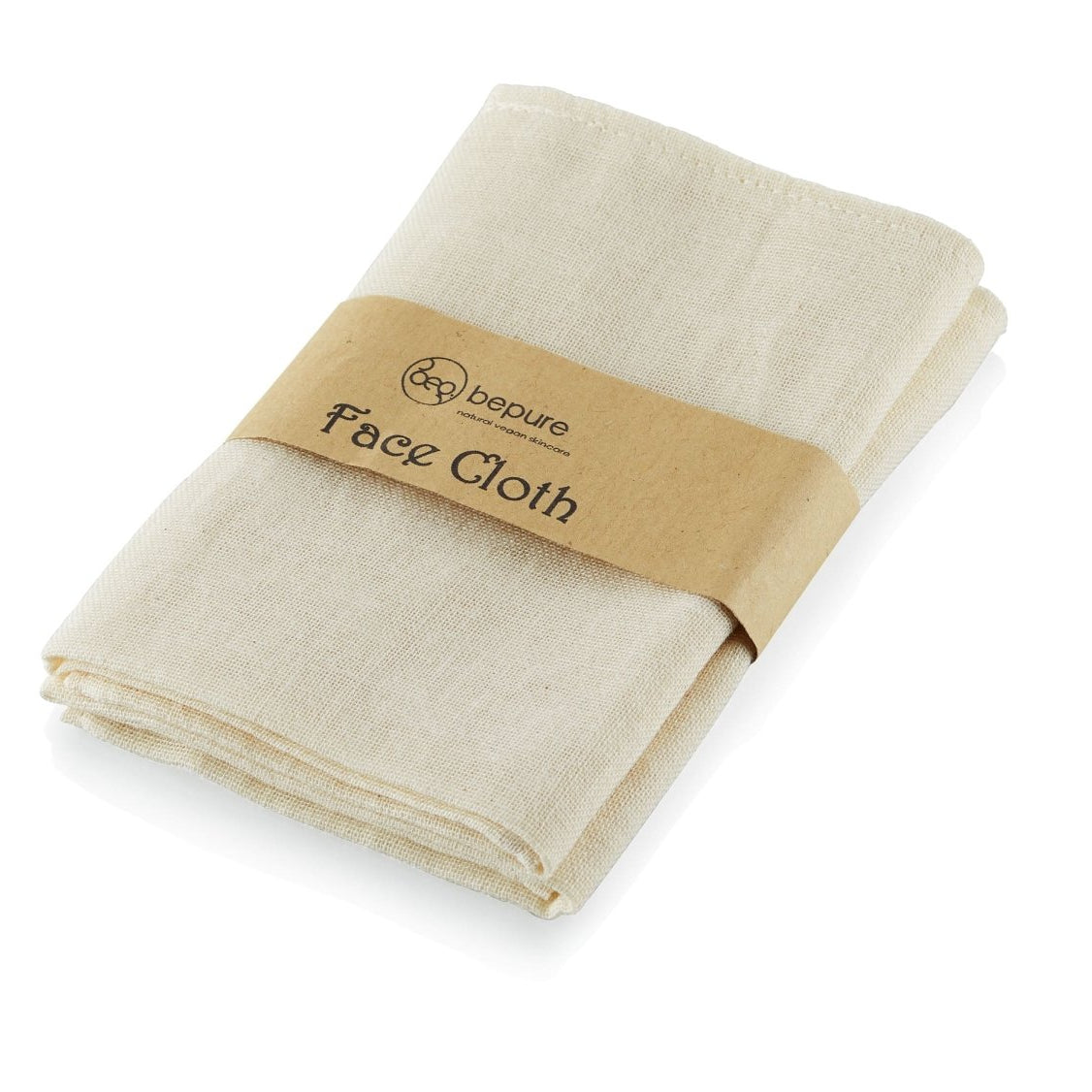Filters
The causes of sensitive skin
The causes of sensitive skin can vary. However, the underlying cause is always a compromised barrier function of the skin, which promotes inflammation and irritation.
Possible triggers include natural substances, such as latex-containing plant substances, certain essential oils, or alcohol in skincare products. Synthetic substances, such as emulsifiers, anionic surfactants, or fragrances, can also contribute to sensitive skin.
Allergies, but also hormonal fluctuations or increased stress can throw the skin out of balance and cause sensitive skin.
How to recognize sensitive skin
- Tends to redness, itching or tightness.
- Mostly dry or dehydrated.
- The skin is rarely oily.
- Reacts particularly strongly to external stimuli such as cold, heat or certain care products.
Care tips for sensitive skin
1. As little irritation as possible. The skin needs to regenerate first so that it can fulfill its natural protective function again. Until then, "less is more" is better for your skin.
2. Use gentle cleaning products that are free of alcohol and harsh surfactants.
3. Use skincare products with as few ingredients as possible . This helps your skin process ingredients and eliminate potential irritation.
4. In general, use fewer skincare products and instead use anti-inflammatory and soothing ingredients such as light plant oils, pure hydrolates and hyaluronic acid.
5. If you want to incorporate powerful active ingredients like vitamin C, retinol, or AHA acids into your skincare routine, start gradually and keep in mind that certain active ingredients make your skin even more sensitive to UV radiation. SPF is absolutely necessary. If you experience a skin reaction, avoid using it until your skin has recovered.



















